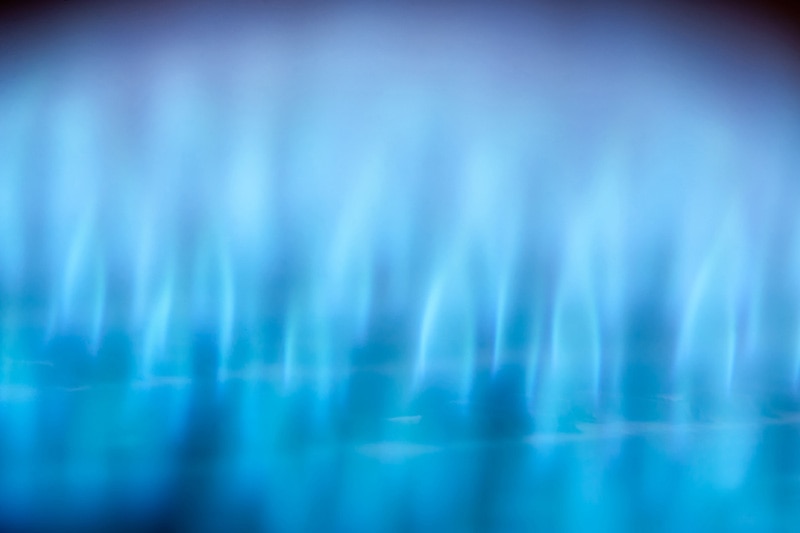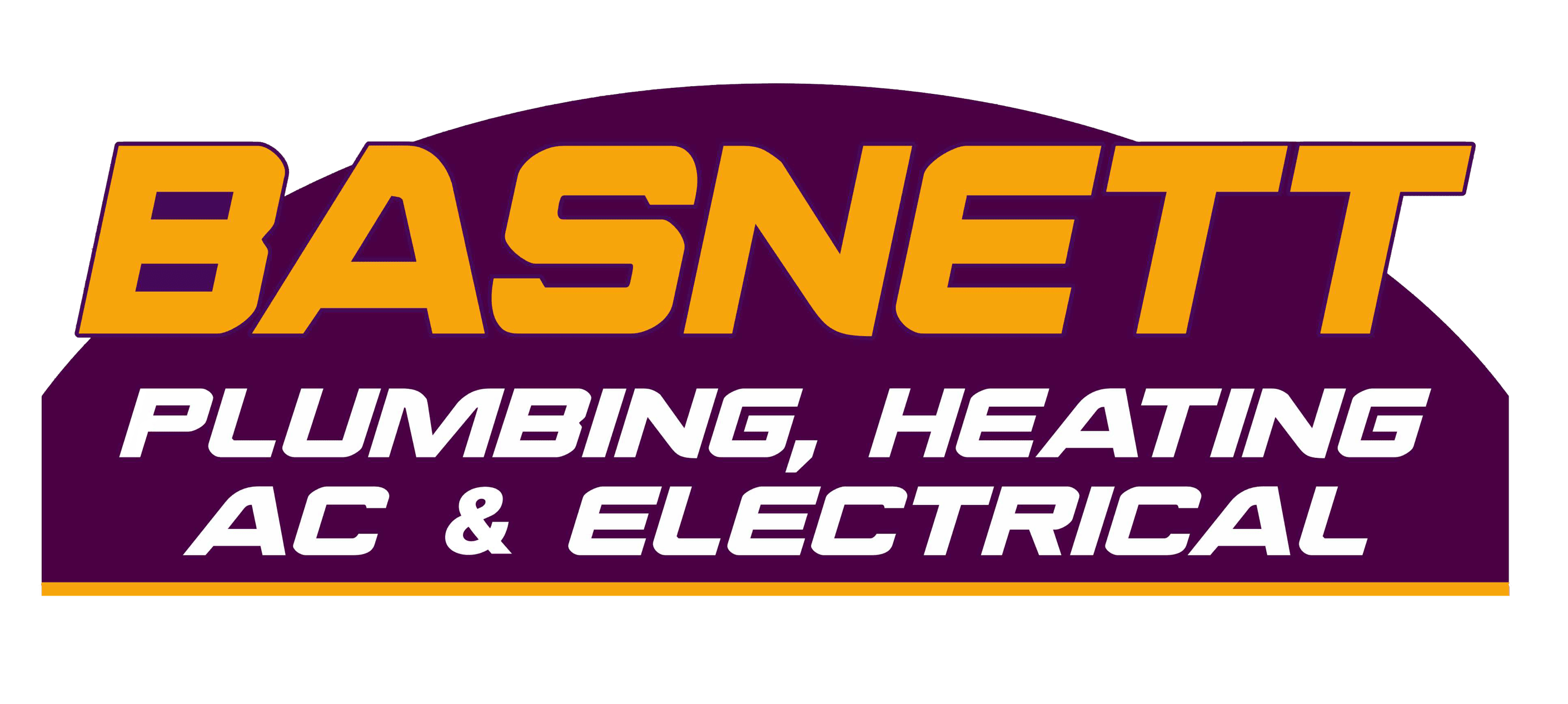Can a Gas Furnace Become Dangerous?

There are many options for home heating available today, such as boilers that can run from a variety of fuel sources and energy-efficient heat pumps that work as both heaters and air conditioners. But the heater still found in the majority of homes is the gas furnace. A gas furnace offers tremendous heating output to keep back the worst of winter chills, even for a drafty home. Because natural gas is one of the less expensive energy sources, gas furnaces help to save money.
But … people are sometimes wary of using natural gas to heat their homes because of safety concerns. If you’re considering the installation of a gas furnace in Littleton, MA for your home—possibly as a spring install to prepare for next winter—you may feel hesitant because of safety worries. Can a gas furnace actually become dangerous?
Current Gas Furnaces Have Strong Safety Records
The honest answer to the above question is “yes.” Any appliance that combusts natural gas can potentially create hazards from toxic exhaust gases such as carbon monoxide. CO is a colorless, odorless, and toxic gas that creates nausea, light-headedness, and feelings similar to a flu. In high concentrations, it’s lethal.
However, modern gas furnaces with the ENERGY STAR label are built to the highest government safety standards and are equipped with features to prevent hazards, such as limit switches. If you arrange for routine professional maintenance for your furnace each fall, you’ll lower the chance of the furnace becoming unsafe to almost nothing. (A furnace can never be 100% safe, but you can get it pretty close.) The inspections that are part of routine maintenance will catch spots where the furnace may malfunction and have the problem fixed long before it becomes a safety problem.
Cracked Heat Exchangers Are the Main Concern
The most common way that a furnace can turn hazardous is if it develops cracks over the heat exchanger. The heat exchanger is where the hot combustion gas transfers its heat to the air moving through the furnace and into the ventilation system. If there are cracks in the exchanger wall, the toxic exhaust gas may escape and enter the air. Cracks may appear because of corrosion in an older furnace. Inspections will catch this problem. If you hear odd clicking noises from the furnace after the blower shuts off, it may be a warning of a heat exchanger crack; turn off the gas and call for furnace repairs.
Clogged Furnace Flue and Down Drafts
Another potential issue that can lead to an unsafe furnace is trouble with the flue. This chimney allows exhaust gases from the heat exchanger to safely exit the house. A clogged flue or one creating downdrafts because of pressure problems may end up pushing the gases back into the home.
We’ll Keep Your Furnace Working Safely
Our HVAC professionals provide excellent annual furnace maintenance through our Ultimate Service Agreement. There’s no better way to keep your furnace operating without safety worries. If you’re planning to install a gas furnace, leave the work to us, and we’ll see that it starts off right with no safety problems.
Trusted for 30 Years: Basnett Plumbing, Heating & AC.
Need HVAC Service?
Contact the experts at Basnett Plumbing, Heating, AC & Electrical.
Call us at 978-431-2906!
